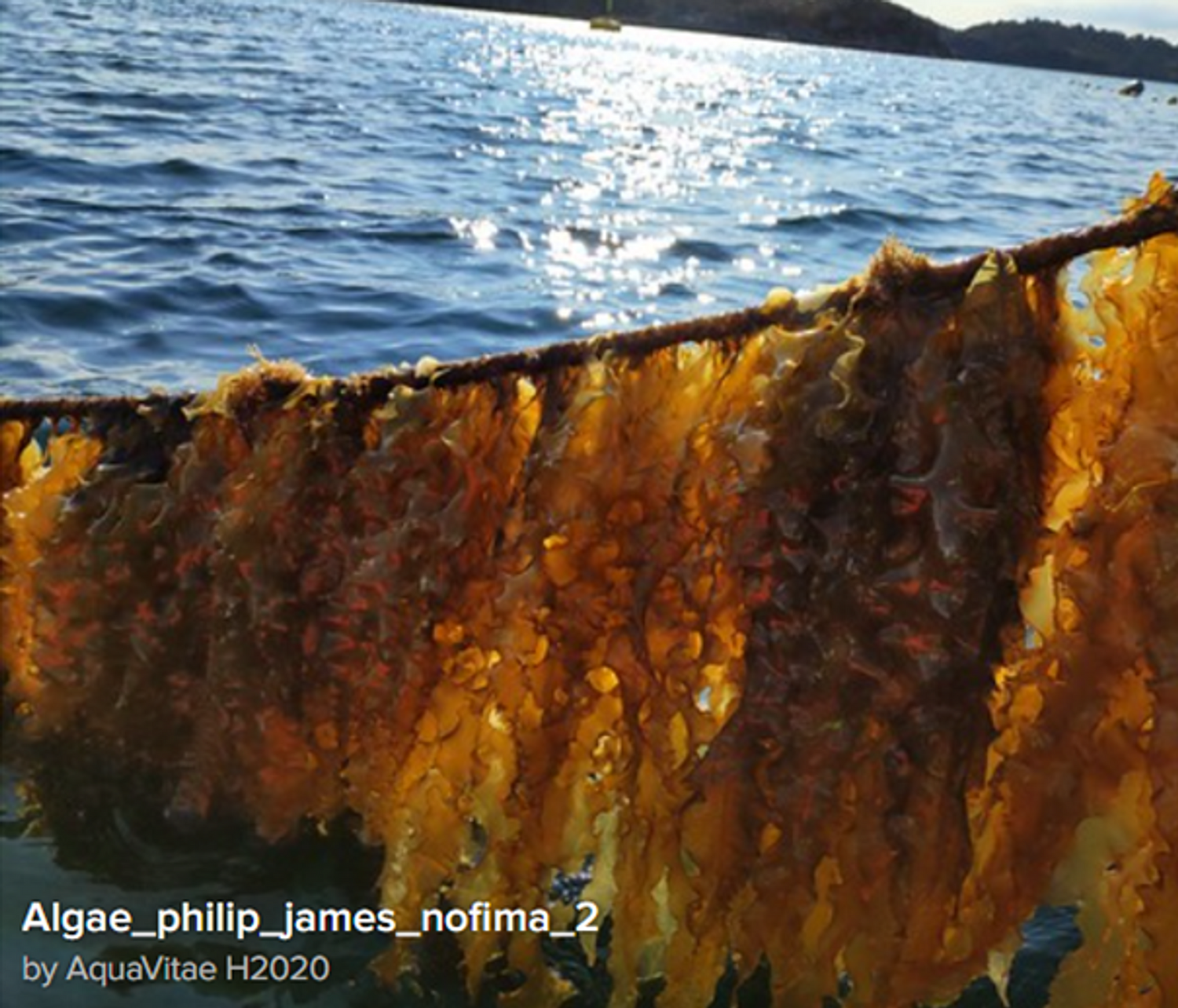AquaVitae was a transformative initiative that advanced aquaculture in the Atlantic region, emphasising the production of low trophic species like algae, echinoderms, and shellfish. Aligned with circular economy principles and the Belém Statement, the project elevated environmental, societal, and economic aspects of aquaculture across Europe, North and South America and Africa.
Incorporating 13 case studies, AquaVitae addressed critical issues such as the use of biosensors, the Internet of Things, (IoT) market potential, sustainability, business analysis, socio-economic factors, policy frameworks, and training.
By fostering collaboration among researchers, industry, and stakeholders, the project has bridged gaps in the Atlantic region's aquaculture landscape. The core focus on low trophic species manifests in AquaVitae's selected value chains: macroalgae, Integrated Multi-Trophic Aquaculture (IMTA), echinoderms, shellfish, and finfish. IMTA, promoting synergy among different species by utilising waste as feed, underscores the commitment to sustainable practices. Outcomes encompass establishing collaborative links, adhering to the Belém Statement through knowledge networks, sustainable resource use, advanced monitoring technologies, community well-being, and citizen engagement. With training, outreach, student exchanges, and apprenticeships, AquaVitae has laid the groundwork for a robust future in aquaculture. Leveraging IoT, AquaVitae developed sensors for biomass monitoring and smart sulphite biosensing in offshore aquaculture. The project explored market strategies, consumer concerns, and health-risk benefit assessments, ensuring seamless integration of low trophic aquaculture products. Furthermore, AquaVitae's comprehensive approach involved mapping positive and negative aspects of low trophic species production, analysing environmental pressures, and proposing measures for risk mitigation. Contributing to Sustainable Development Goals, the project offered insights into profitability, socio-economic impact, and business exploitation plans for aquaculture value chains.
In the context of international policy and governance, AquaVitae supported numerous policy dialogues, gauged producer perceptions, and fostered a forum for sustainable aquaculture development. This has contributed to shaping policies aligned with Sustainable Development Goals, and propelling the aquaculture sector towards a sustainable and prosperous future.
More information on the project's website: https://aquavitaeproject.eu/
